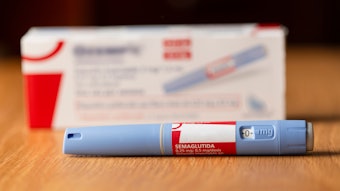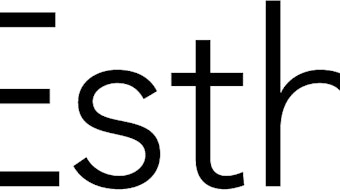Two courses at the 2018 American Academy of Dermatology, held last week in San Diego, California, addressed the growing concern of physician burnout. A panel of dermatologists discussed the impact of burnout on providers during the session, “Bureaucracy, Compliance, and Burnout: What it Means to Dermatologists.” Much of the discussion centered on the impact that online reviews can have on the physician’s psyche. With Yelp and social media, consumers are quick to hit “send” on scathing reviews. Unfortunately, physicians are prohibited by HIPAA rules from responding.
“When you hear negative things, you can brush it off. When you see things in print, it sticks with you for weeks or longer,” Neal Bhatia, MD, said. “It used to be that movies were the only thing you could review. But now, patients are reviewing you. Sometimes patients take their frustrations out on us. Somehow it’s our fault, even if they have bad insurance or don’t comply with taking their medicine.”
There are ways to cope, according to Suzanne Olbricht, MD, who encouraged physicians to consider that there may be a “nugget” of importance in what the review had to say. “Everybody is being rated about everything. This isn’t a phenomenon that is targeting doctors,” she said. “Maybe there’s a nugget of something we can learn from the review. If so, learn from it. If there’s no nugget, dismiss it.”
In Sunday’s session, “Battle the Burnout: Reignite the Flame,” Rochelle R. Torgerson, MD, PhD, and Karen Wiss, MD, shared strategies for reducing personal burnout, as well as strategies for working within a larger organization to minimize the stressors that cause burnout. The two offered the recommendations based on author Amit Sood, MD’s 5-3-2 daily practice model that recommends being grateful for five people in your past or present every day (for a few minutes each while practicing deep breathing), three minutes of being present (focused on an object), and two minutes of silent “wish you well” thoughts for anyone you choose.
Effective time and task management is important in reducing burnout, as well, Dr. Wiss said. She advocates using just one calendar and listing both personal and professional commitments—even sleep—on the calendar. Likewise, when deciding to take on a commitment or task, you should ask whether it has to be completed and when, if it has to be completed by you, and then say “no” appropriately if you cannot commit. “Whenever you’re saying yes to something, think about what you’re saying no to. Something has to give,” Dr. Wiss said.
Finally, Dr. Torgerson encouraged attendees to make a list of their core values. It could include the obvious, such as family, faith and friendship, or things such as meaningful work, justice and humor.











